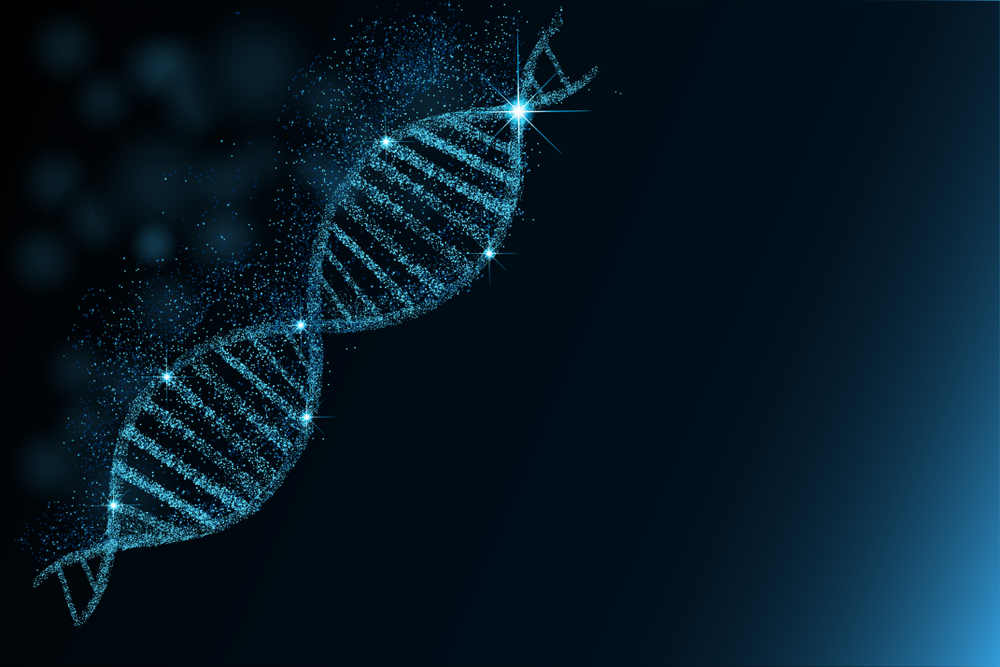Prenatal Blood Test for SMA and Other Single-Gene Diseases Now Available, BillionToOne Announces

The diagnostics company BillionToOne has launched its first product for commercial and clinical use — a blood test designed to help diagnose hereditary and rare diseases in fetuses.
Called UNITY, the test requires only a small sample of the mother’s blood to determine whether the baby will be at high risk for developing spinal muscular atrophy (SMA) and other single-gene disorders like cystic fibrosis, sickle cell disease and thalassemias (inherited blood disorders).
SMA is an autosomal recessive disorder. This means that a child must inherit two copies of the mutated gene – the SMN1 gene – one from the mother and one from the father to develop the disease.
A carrier has only one mutated SMN1 copy, and often will not show disease symptoms. Carriers have a 50% chance of passing the mutant gene to their children. When both parents are carriers, the child has a 25% chance of being born with SMA.
The price of the UNITY screen is not available on a company webpage, but BillionToOne says it is covered by commercial insurance and Medicaid in the U.S. under existing insurance codes for carrier testing. It is currently available at select clinics through BillionToOne’s Early Access Program, with plans for a broader launch later this year.
The American College of Obstetricians and Gynecologists (ACOG) recommends that pregnant women be screened to determine whether they are carriers for SMA and other single-gene disorders.
Despite 11% of women tested being carriers for the disorders screened by UNITY, the majority (95%) will give birth to healthy children, BillionToOne states in a press release. But ensuring that a child born to a carrier will be healthy requires that the father also be screened, which is not always possible.
UNITY works by testing fetal DNA that can be found, at very low levels, in the mother’s blood. Specifically, it uses “reflex noninvasive prenatal testing” — a pregnant woman is screened to determine whether she is a carrier, and if so, a blood sample will then be “reflexively” collected for further testing of the fetal DNA.
The process takes up to two weeks, which the company states is faster than “traditional carrier screening” and, as such, more cost-effective.
“We’re extremely excited about the commercial launch of UNITY, which will make the existing carrier screening process ten times more accurate and efficient,” Oguzhan Atay, CEO and co-founder of BillionToOne said in the release.







